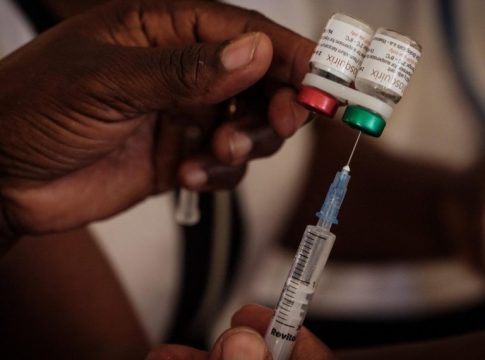The World Health Organization (WHO) has raised an alarm across the international community regarding the proliferation of counterfeit versions of Ozempic, a medication that has recently gained attention for its off-label use in weight loss. While Ozempic’s primary function is to manage blood sugar levels in individuals with type 2 diabetes, its active component, semaglutide, has been increasingly co-opted by those looking to reduce appetite and achieve weight loss.
Dubbed the “skinny jab” in social circles, the medicine’s newfound popularity has led to significant shortages for diabetes patients and paved the way for a troubling market of fake drugs. The WHO’s alert comes after consistent monitoring of the uptick in counterfeit Ozempic reports since 2022. Authorities in the UK, US, and Brazil have intercepted fraudulent batches of the drug, prompting serious concerns over patient safety.
Health Risks of Counterfeit Medications
Dr. Yukiko Nakatani, the WHO’s Assistant Director-General for Essential Medicines and Health Products, urges “healthcare professionals, regulatory authorities, and the public to be aware of these falsified batches of medicines.” The WHO’s main concern is that some of the counterfeit injections may lack the active ingredient entirely or might contain other substances, such as insulin. Such imprecisions can lead to unpredictable and potentially harmful effects on one’s health.
READ MORE: World Bank Moves To Boast Economic Reforms In Nigeria – Grants $2.25 Billion Loan
The issue of counterfeit drugs is exemplified by an incident in the UK where a batch of sham Ozempic, sourced through legitimate channels in Austria and Germany and packaged convincingly, was seized. Dr. Alison Cave, Chief Safety Officer, cautions against purchasing semaglutide from unverified online suppliers which significantly raises the risk of encountering fake or unlicensed products in the UK, potentially endangering users’ health.
Specialized Alternatives for Weight Loss
Wegovy, a higher-strength version of Ozempic formulated expressly for weight loss, is now available through specialist weight-loss clinics on the NHS in the UK. The move towards specialized alternatives like Wegovy underscores the need for safe, regulated options for individuals seeking weight loss treatments.
The WHO’s announcement is a stark reminder of the potential dangers of sourcing medication through unauthorized channels. It highlights the imperative need for patients to acquire drugs like Ozempic from trustworthy, licensed sources, and echoes the broader call for vigilance against counterfeit pharmaceuticals on a global scale.




